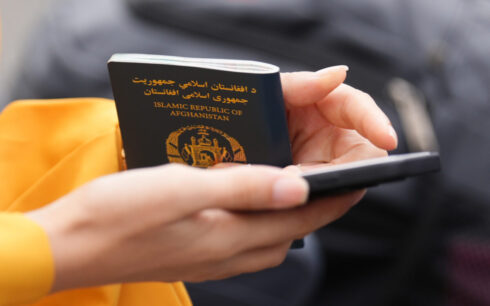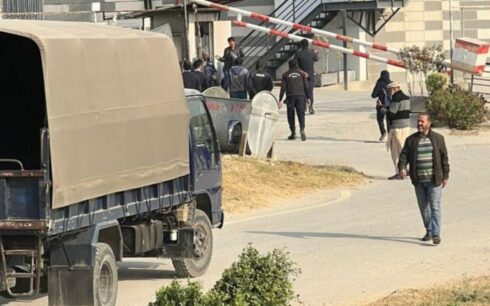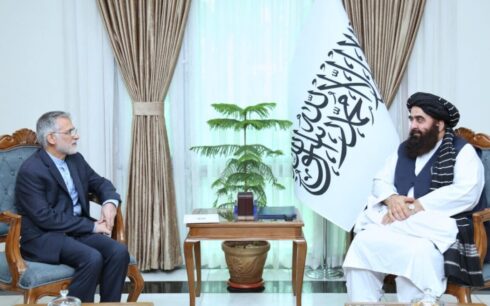United Nations human rights experts have called on Pakistan to immediately halt plans to forcibly remove Afghan migrants from Islamabad and Rawalpindi or to deport them to Afghanistan, warning that such actions could violate international law and endanger vulnerable groups.
The deadline for voluntary departures was originally set for March 31, though reports suggest the government may have extended it to April 10. Still, U.N. experts expressed alarm over ongoing detentions, evictions, and other forms of pressure on Afghan nationals.
“Millions of Afghans in Pakistan are at risk of being pushed back to Afghanistan without regard for their genuine protection concerns — including gender-based violence and the systemic dismantling of the rights of women and girls,” said the group of experts, which included Richard Bennett, the U.N. special rapporteur on the situation of human rights in Afghanistan.
They warned that Pakistan’s actions risk breaching international human rights and refugee law, particularly the principle of non-refoulement, which prohibits the return of individuals to a country where they face serious threats to their life or freedom.
The statement comes amid mounting concerns over Pakistan’s “Illegal Foreigners’ Repatriation Plan,” introduced in September 2023, which has already led to the displacement of hundreds of thousands of Afghans. U.N. experts said they had received urgent appeals from Afghans fearing persecution by the Taliban should they be forced to return.
“The most vulnerable are Afghan women, girls, L.G.B.T.I. persons, ethnic and religious minorities, former government officials and security personnel, human rights defenders, and journalists,” the statement said. “Children — especially those unaccompanied — are at heightened risk of trafficking, child marriage and abuse. People with disabilities and older persons also face particular risks. All cases should be individually assessed.”
The experts also criticized similar returns of Afghans from other countries, warning that such actions may also violate international obligations. They acknowledged security concerns in both Pakistan and Afghanistan but stressed that humanitarian principles must be upheld.
Many Afghans who sought refuge in Pakistan were given assurances that they could eventually resettle in third countries. Those hopes have faded, the experts noted, as resettlement programs were suspended and international donor support has sharply declined.
“Abrupt and drastic funding cuts by donors are already having a severe impact on much-needed humanitarian assistance to Afghans,” they said. “Given the deteriorating human rights situation in Afghanistan, durable solutions are needed for Afghans outside the country, with strong support from the broader international community.”





